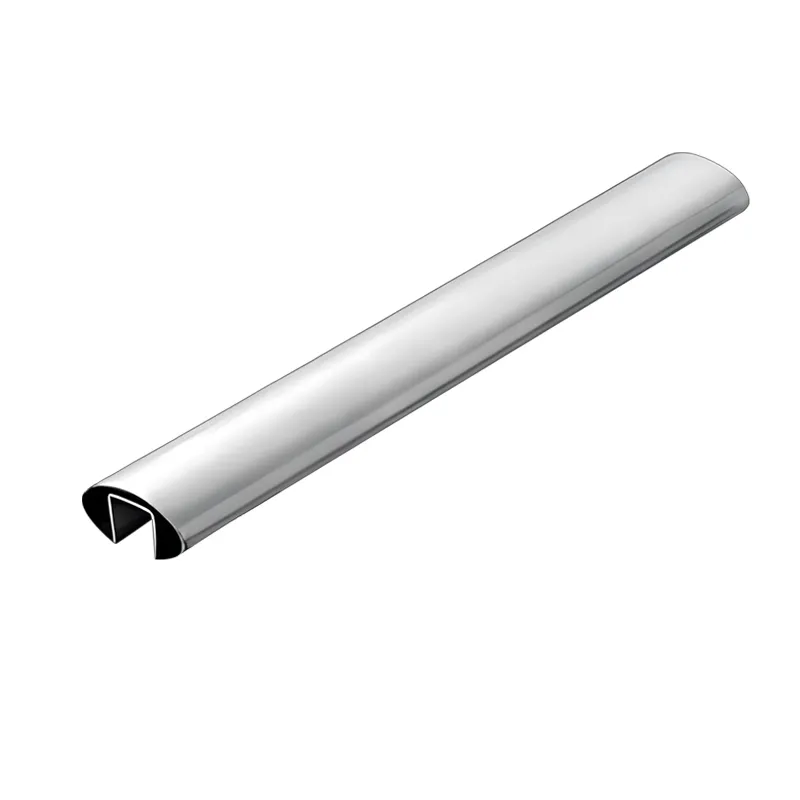
The Landscape of Automotive Parts Suppliers in China
In recent years, China has emerged as a leading hub for automotive parts manufacturing and supply. This transformation can be attributed to several factors, including its robust industrial base, a strong workforce, and significant investments in technology. As automakers around the world seek to optimize their supply chains and reduce costs, many have turned to Chinese suppliers for a wide range of automotive components.
The Growth of the Automotive Parts Industry
China's automotive parts industry has witnessed exponential growth, fueled by the country's booming automobile market. As of 2023, China is the largest automotive market globally, with millions of vehicles sold each year. This demand creates a ripple effect, driving the need for quality parts and components. Local suppliers have stepped up to the plate, providing everything from engine components to electronic systems, chassis parts, and more.
The Chinese government has played a pivotal role in this development. Through supportive policies and initiatives, it has encouraged investment in the automotive sector. This includes incentives for research and development, which has spurred innovation among parts manufacturers. Many suppliers are now at the forefront of developing advanced technologies, such as electric vehicle components and smart automotive systems, positioning themselves as crucial players in the transition to a greener automotive future.
Quality and Standards
Historically, there have been concerns regarding the quality of automotive parts produced in China. However, in recent years, there has been a significant shift as suppliers increasingly adhere to international quality standards. Many Chinese manufacturers have obtained certifications such as ISO/TS 16949, which is crucial for suppliers in the automotive industry. This commitment to quality is not just about compliance but also about building long-term partnerships with global automakers.

Moreover, competition among suppliers has driven improvements in quality and innovation. As international brands look for reliable partnerships, top-tier Chinese suppliers are investing in advanced manufacturing technologies, including automation and artificial intelligence (AI), to enhance both efficiency and precision.
Challenges Faced by Suppliers
Despite the rapid growth and improvements in quality, Chinese automotive parts suppliers face several challenges. One of the most pressing issues is the ongoing trade tensions between China and other countries, particularly the United States. Tariffs and regulatory hurdles can complicate trade relationships and impact the pricing strategies of suppliers. Additionally, fluctuating raw material costs and supply chain disruptions, exacerbated by global events like the COVID-19 pandemic, pose significant risks.
Another challenge is the ever-increasing sophistication of automotive technology. With the rise of electric vehicles (EVs) and autonomous driving, traditional parts suppliers must pivot to develop new products that meet changing industry demands. This requires investment in research and development, as well as collaboration with technology firms to innovate effectively.
The Future of Automotive Parts Suppliers in China
Looking ahead, the future of automotive parts suppliers in China appears promising. The global shift toward electric mobility and sustainable automotive solutions is creating vast opportunities for manufacturers who can adapt quickly. Chinese suppliers are well positioned to leverage their capabilities, particularly in areas such as battery production, lightweight materials, and connected car technologies.
In conclusion, China's automotive parts industry is not only a vital component of its economy but also an integral player in the global automotive supply chain. As suppliers continue to enhance their quality, invest in new technologies, and navigate the challenges of globalization, they have the potential to solidify their status as key contributors to the automotive industry of the future. As the world moves toward more sustainable and innovative automotive solutions, Chinese suppliers are poised to be at the forefront of this transformative journey.